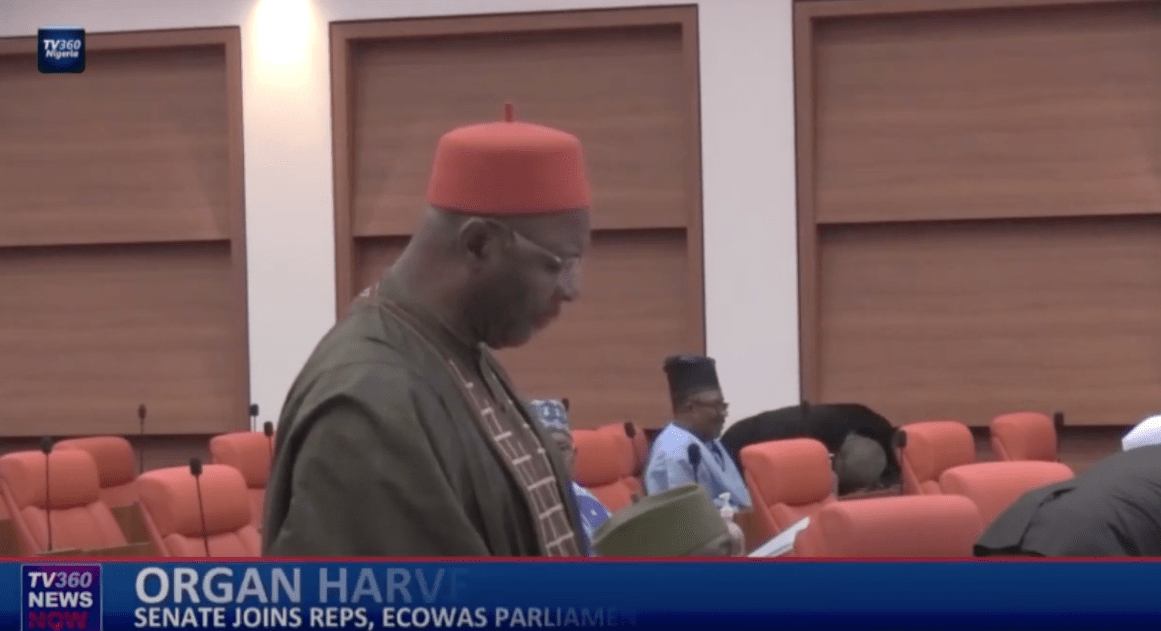
The Presidency has initiated internal approval processes to address the N2 trillion legacy debt owed to Nigeria’s electricity generation companies (GenCos), a major step aimed at stabilising the country’s ailing power sector.
The development was disclosed on Monday during the second Nigerian Electricity Supply Industry (NESI) Stakeholders Meeting of 2025, hosted by the Nigerian Electricity Regulatory Commission (NERC) in Abuja.
Representing the Special Adviser to the President on Energy, Eriye Onagoruwa told stakeholders that efforts were underway at the highest levels of government to resolve the debt burden, which has long undermined investor confidence and strained electricity supply across the country.
“We are empathetic to what GenCos are facing. The Presidency recognises the urgency and is actively working through internal approvals. We’re also considering alternative debt instruments, given the current fiscal constraints,” Onagoruwa said.
She confirmed that the Coordinating Minister of the Economy and the Debt Management Office are aligned with the debt-resolution strategy, and expressed hope that a formal update would be ready by the next quarterly NESI meeting, effectively placing a soft deadline within the next three months.
Mounting Debts, Strained Operators
The GenCo debt crisis has escalated in recent months. Industry operators say unpaid invoices now exceed N4 trillion, with the Federal Government reportedly accumulating an additional N200 billion in unpaid monthly obligations.
The Senate Committee on Power recently sounded the alarm on the deepening liquidity crisis in the power sector, revealing that no payments had been made to GenCos since the start of the year, pushing the government’s overdue payments for 2025 alone to about N800 billion.
In previous warnings, the GenCos had cautioned that prolonged non-payment could force plant shutdowns, reduce grid reliability, and ultimately threaten the broader electricity market.
Reforms Gaining Momentum
The stakeholder meeting convened regulators, operators, and policymakers to review critical reforms underway in the sector. Key discussions included:
- The Presidential Metering Initiative
- The proposed Meter Asset Fund
- The transition to a multi-tier electricity market
- The role of newly formed State Electricity Regulatory Commissions
- The establishment of the Nigerian Independent System Operator (NISO)
Acting Managing Director of the Nigerian Bulk Electricity Trading Plc John Akinnawo, warned that decentralisation moves enabled by the Electricity Act 2023 could lead to market fragmentation if not carefully managed. He urged NISO to take the lead in aligning policy and operations.
In his presentation, Abdu Mohammed Bello, Managing Director of NISO, outlined the agency’s vision to ensure transparency, system coordination, and operational stability as the electricity market evolves.
Stakeholders Welcome Intervention
Industry stakeholders at the meeting welcomed the Presidency’s acknowledgement of the GenCo debt challenge and expressed cautious optimism that a resolution could unlock stalled investments and restore confidence.
With broad-based reforms now in motion and a clear signal from the Presidency, all eyes are on how quickly the government can deliver on its promise to resolve the GenCo debt a key bottleneck to Nigeria’s electricity sector revival.





